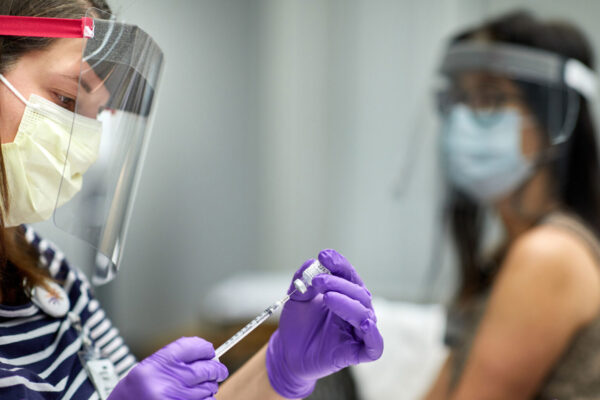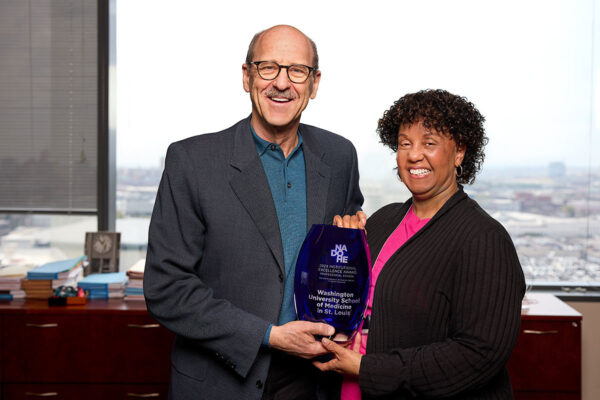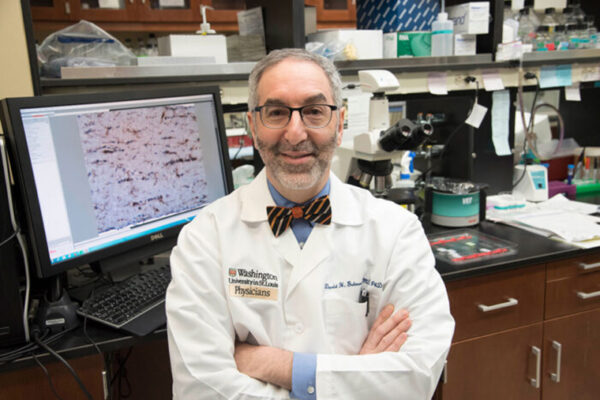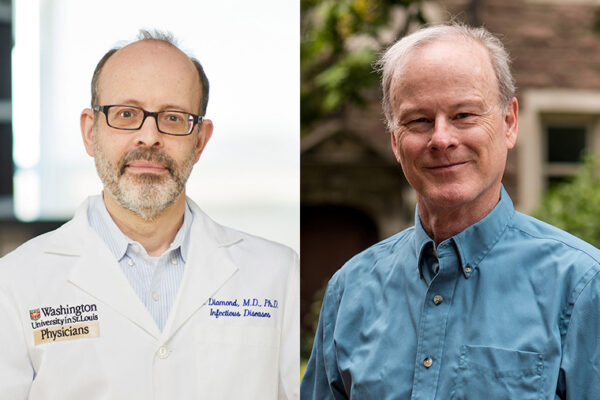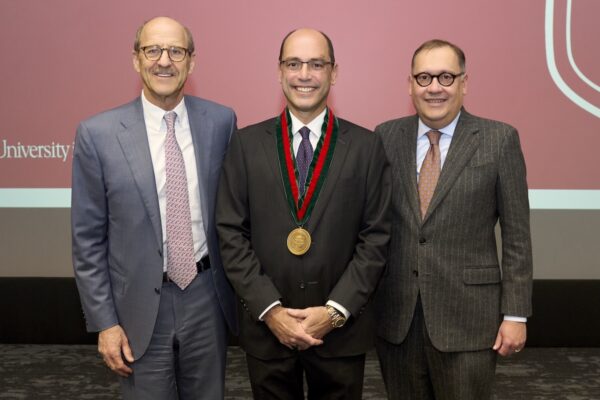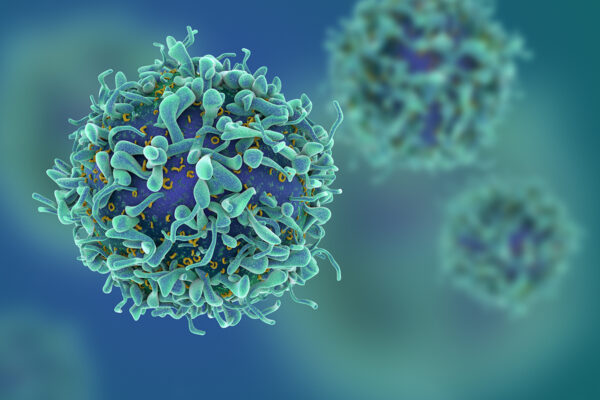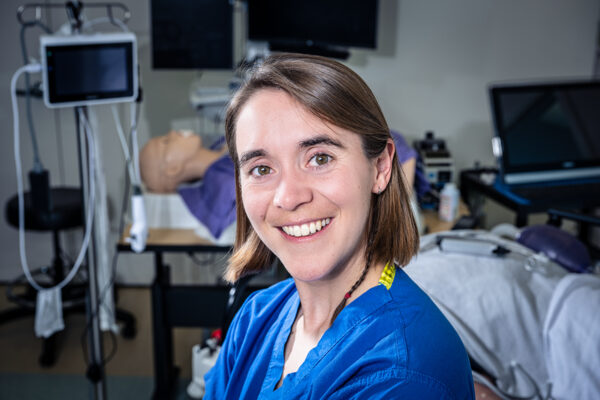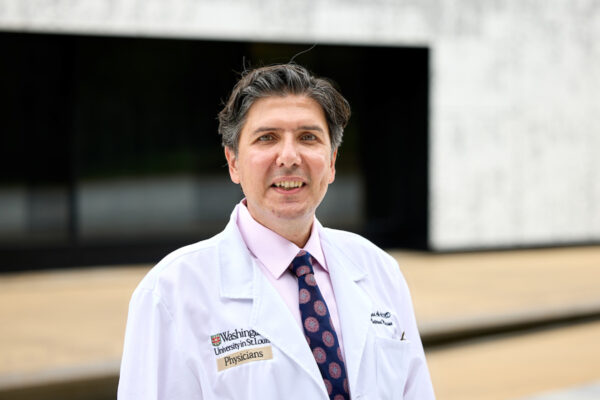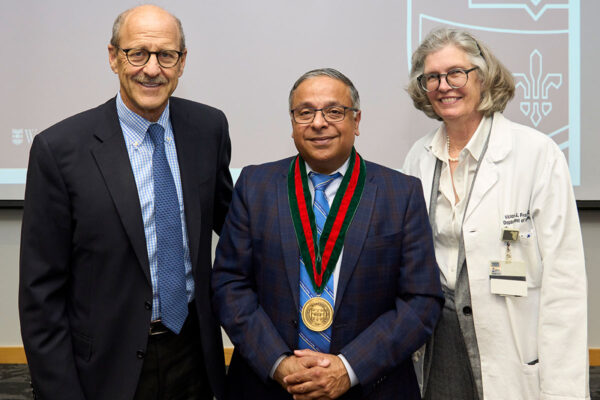Repeat COVID-19 vaccinations elicit antibodies that neutralize variants, other viruses
A study by researchers at Washington University School of Medicine in St. Louis has found that repeat vaccination with updated versions of the COVID-19 vaccine promotes the development of antibodies that neutralize a wide range of variants of the virus that causes COVID-19, as well as related coronaviruses.
Medical school honored with diversity, equity, inclusion award
Washington University School of Medicine in St. Louis has received the 2024 National Association of Diversity Officers in Higher Education Institutional Excellence Award for professional schools.
Some brain tumors may be linked to head injury, mouse study suggests
A study in mice by researchers at the School of Medicine indicates that brain injury can lead to brain tumors in susceptible individuals.
Testing, treatment for sexually transmitted infections expanded in north St. Louis County
In a bid to improve sexual health and reduce health disparities in the St. Louis area, Washington University infectious diseases physicians are expanding testing and treatment services for sexually transmitted infections in north St. Louis County.
Diamond, Queller elected to National Academy of Sciences
Washington University’s new National Academy of Sciences members are Michael S. Diamond, MD, PhD, the Herbert S. Gasser Professor of Medicine at the School of Medicine, and David C. Queller, the Spencer T. Olin Professor of Biology in Arts & Sciences.
Goldfarb installed as inaugural Gelberman professor
Charles Goldfarb, MD, has been named the inaugural Richard H. Gelberman, MD, Distinguished Professor in Orthopaedic Surgery at Washington University School of Medicine in St. Louis.
HIV triggers body’s own inflammatory pathways to kill T cells
School of Medicine researchers have identified how the body’s own immune response to HIV is responsible for the T cell death that characterizes this viral infection.
Class Acts: Caellagh Catley
Caellagh Catley worked with the Department of Anesthesiology at Washington University School of Medicine to reduce carbon emissions produced by operating rooms. The project has helped Barnes-Jewish Hospital save on resources in anesthetic gas use and has reduced its carbon emissions from such gas use by more than 60%.
Al-Aly on Time100 Health list of people who have most influenced global health
Ziyad Al-Aly, MD, a clinical epidemiologist at Washington University School of Medicine in St. Louis, has been named to the inaugural Time100 Health, a new, annual list of 100 individuals who have most influenced global health.
Diwan named inaugural Shaeffer professor
Abhinav Diwan, MD, a highly regarded cardiologist with expertise in the molecular underpinnings of cardiovascular disease, has been named the inaugural Charlie W. Shaeffer, MD, Professor of Cardiology at Washington University School of Medicine in St. Louis.
Older Stories
